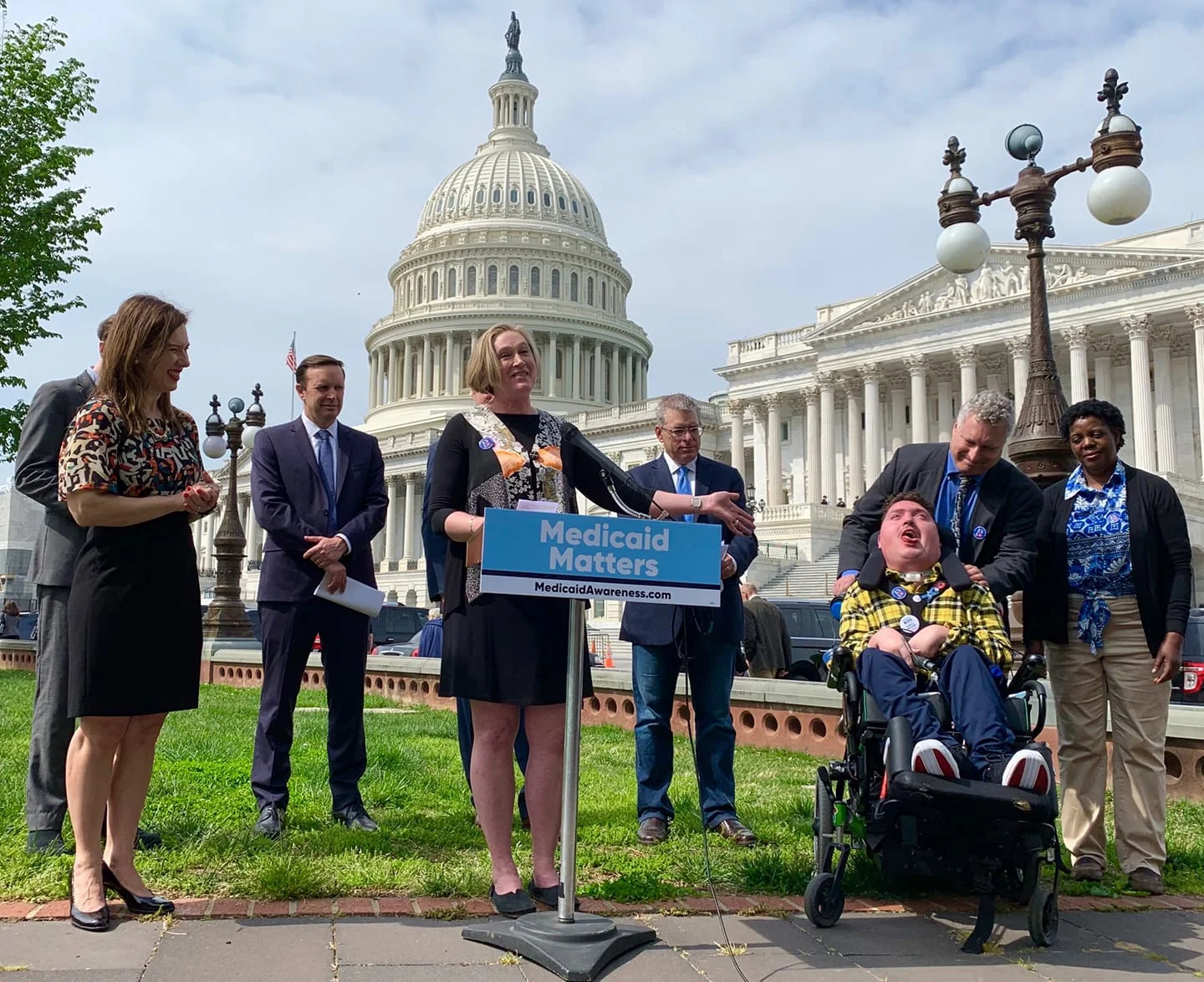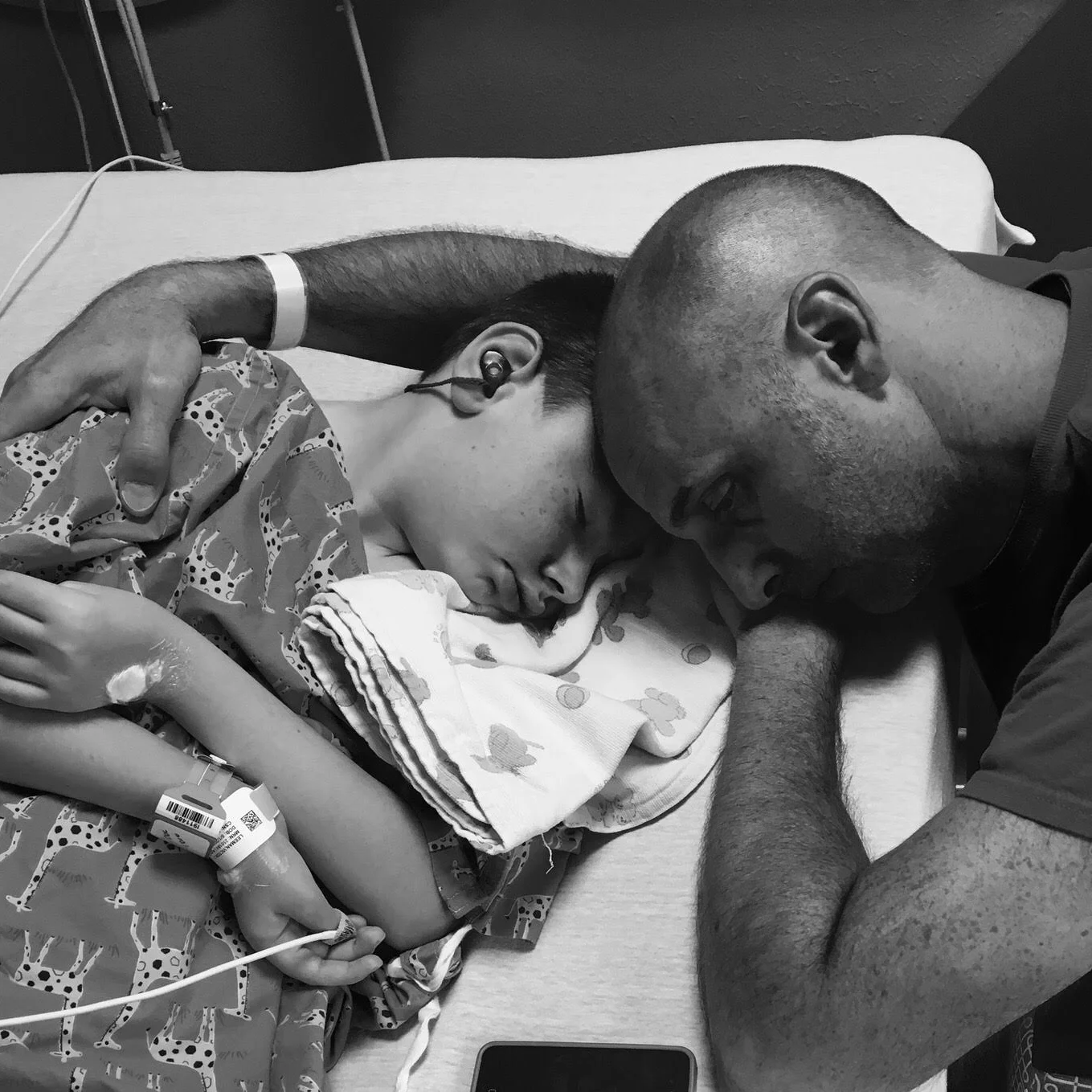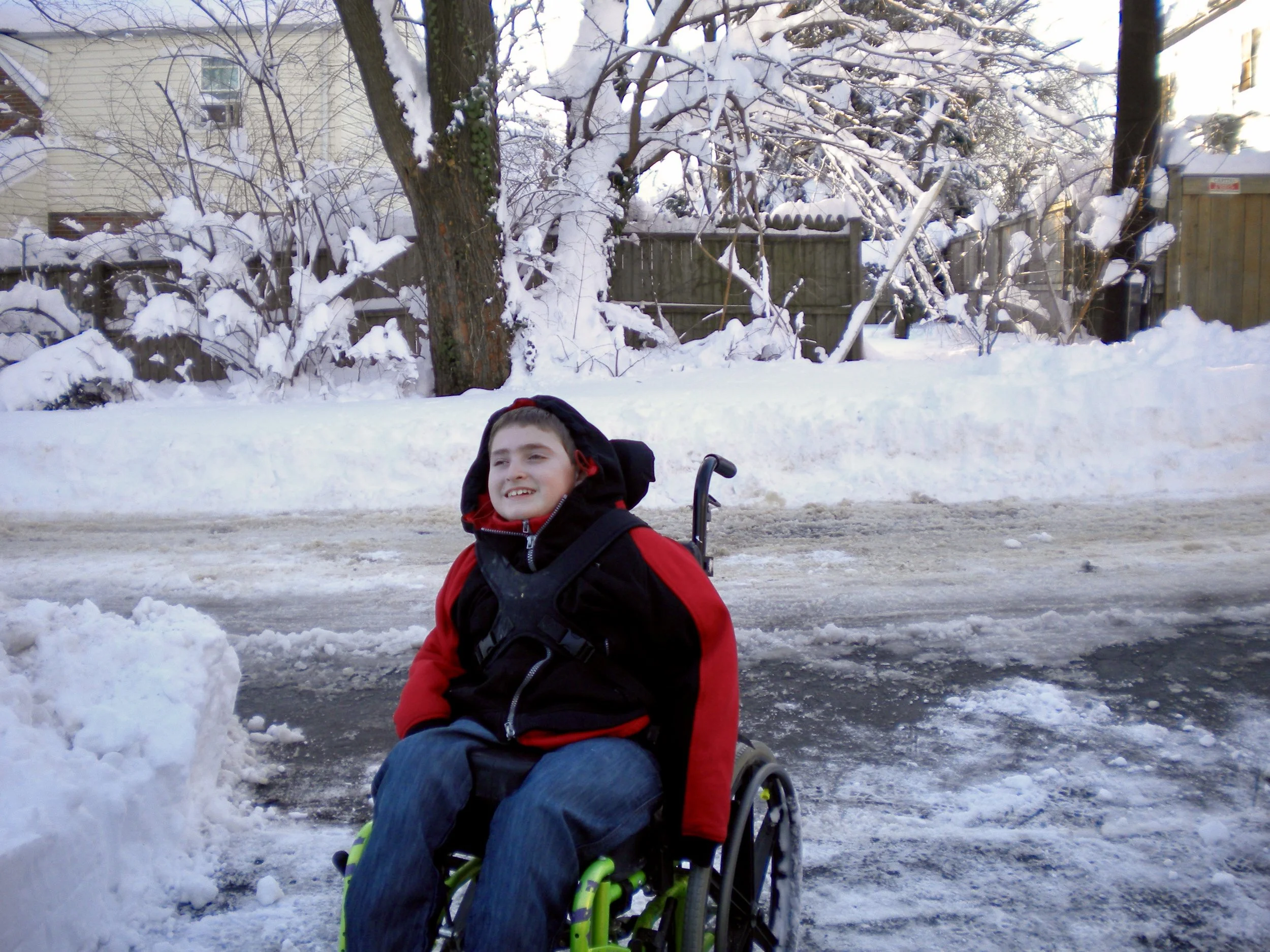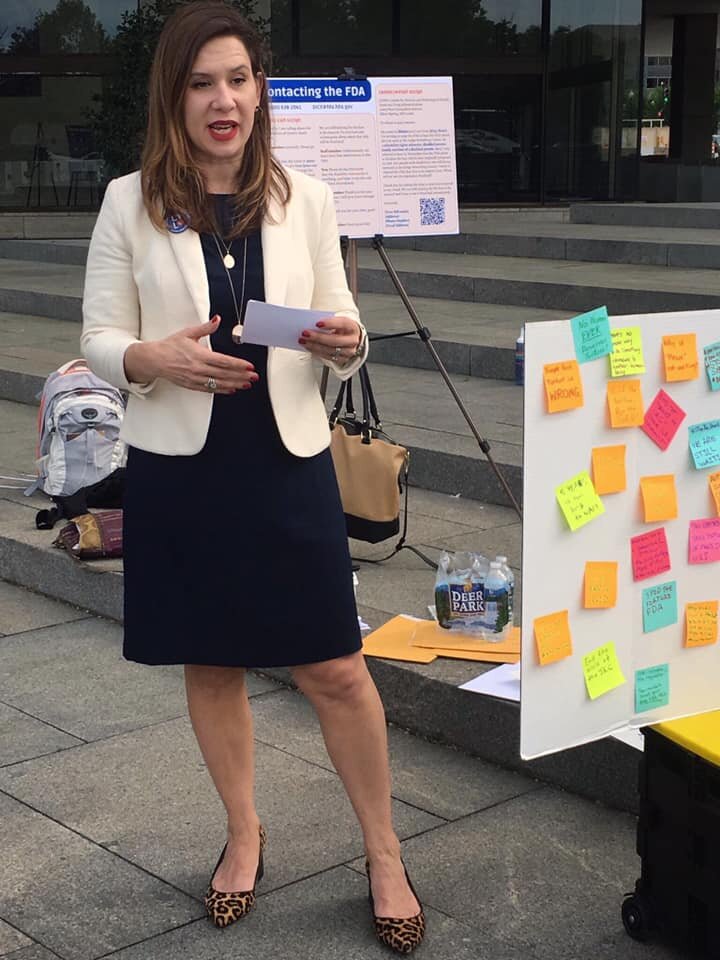My five-year-old daughter Louisa wakes up eager to attend preschool every day. She loves singing and dancing, and enjoys playing with Play Doh, as well as listening to endless bedtime story books. Louisa was also born with a rare and severe heart condition – Hypoplastic Left Heart Syndrome (HLHS), in which the left side of the heart is critically underdeveloped and does not supply the body with enough oxygenated blood. HLHS was a devastating diagnosis, but thanks to improved outcomes due to progress in science and surgery, our dedicated medical team, and access to quality health insurance, we have hope.
Louisa recently started taking a medication to lower her elevated lung pressures, a generic drug called Sildenafil, best known by its brand name Viagra. Yes, Viagra, the erectile dysfunction drug currently on the market in an over-the-counter pill form for $20 per month. Sildenafil has become a standard of care for babies and children with pulmonary hypertension and vascular resistance. One physician told me recently that 40% of their patients with Louisa’s heart condition are benefiting from this medication.
Small children and babies cannot take Sildenafil in pill form; it must be titrated in small oral suspension doses, available only by prescription, often in dosages too exact to cut and crush pills at home. However, the out-of-pocket cost of Sildenafil oral suspension is 300-600 times more than the out-of-pocket cost of the pill. Our family recently faced a crisis when we dealt with a delay in approval. Our nonprofit hospital pharmacy quoted us a cash price of $12,000 per month, out-of-pocket.
Fortunately, our insurer’s nurse case manager and Louisa’s cardiology staff were able to expedite approval. However, the insurance-covered rate was a steep $6,227.42 per month. While things worked out for our family, it is deeply concerning to know our child is dependent on a medication we cannot begin to afford without quality insurance. Other families have not been as lucky – one family in our situation faced a six-week delay in getting this medicine approved, although their child’s heart health is declining. Another had to pay $6,000 for one month, out of pocket, in order to avoid delaying necessary treatment.
This past June, when the FDA approved Novitium Pharma’s generic oral suspension of Sildenafil, Novitium’s CEO Chad Gassert said via press release: “We are pleased to announce that the launch of Sildenafil for oral suspension has already initiated. Novitium remains dedicated to providing patients with a steady supply of affordable treatment options, and to progressing the availability of generics in niche therapeutic categories.”
How can a family afford to pay $6,000 to $12,000 per month to keep their baby with a heart condition alive? Louisa takes nine additional medications – why should this one generic medication cost so much? Why do men with erectile dysfunction get a bargain basement price for the same generic medication? The reason is simple. There are currently no regulations on the cost of medicine in our country, so for-profit pharmaceutical companies charge whatever they think they can get for medication. And it’s not just my daughter’s medication – common medicines which have been on the market for decades, like epipens and insulin, cost thousands. Pharmaceutical companies know families like mine will do whatever it takes to keep our loved ones alive. All of us pay for the inflated costs of medications; these are being passed right back to all of us in the form of higher premiums and copays..
This fall, the House of Representatives has been holding hearings on H.R. 3, The Elijah E. Cummings Lower Drug Costs Now Act of 2019, introduced in June 2019. H.R. 3 requires the Center for Medicare & Medicaid Services (CMS) to negotiate with pharma companies for certain extremely expensive prescription drugs – current law does not allow CMS to do so. The Congressional Budget Office (CBO) estimates that Medicare Part D patients would save up to 55% on prescription drugs in the first round of negotiations, and 40 to 50% in subsequent rounds. The negotiated price would be based on 120% of the average cost of the drug in other industrialized countries, or 85% of the average U.S. manufacturer price.
The Lower Drug Costs Now Act would also lower the price of prescription drugs under private insurance plans, provided the insurer offers the negotiated CMS rates.
It’s vital that we reduce the cost of prescription drugs in the U.S. – the lives of uncountable numbers of infants, children, and adults depend on it. The Lower Drug Costs Now Act (H.R. 3) will be brought to a vote this week in the House of Representatives: Please contact your representative now and urge them to vote yes on H.R. 3.
Louisa helping her family with yard work.






![[image description: Mom Gillian with Raphael and his baby sister and dad seated together in front of a window]](https://images.squarespace-cdn.com/content/v1/59d8124080bd5eadd869b8b7/1571918528727-GRAUH7S9QRFLS81NFHU7/Mom+Gillian+with+Raphael+and+his+dad+and+baby+sister)

![[image description: Little Lobbyists mom and director of operations, Tasha Nelson, speaking at the podium of a press conference for affordable pharmaceuticals.]](https://images.squarespace-cdn.com/content/v1/59d8124080bd5eadd869b8b7/1570982613972-N1LIBT0JYAWQLAQXFZNU/Tasha+at+the+podium+of+a+press+conference+for+affordable+pharmaceuticals)




































